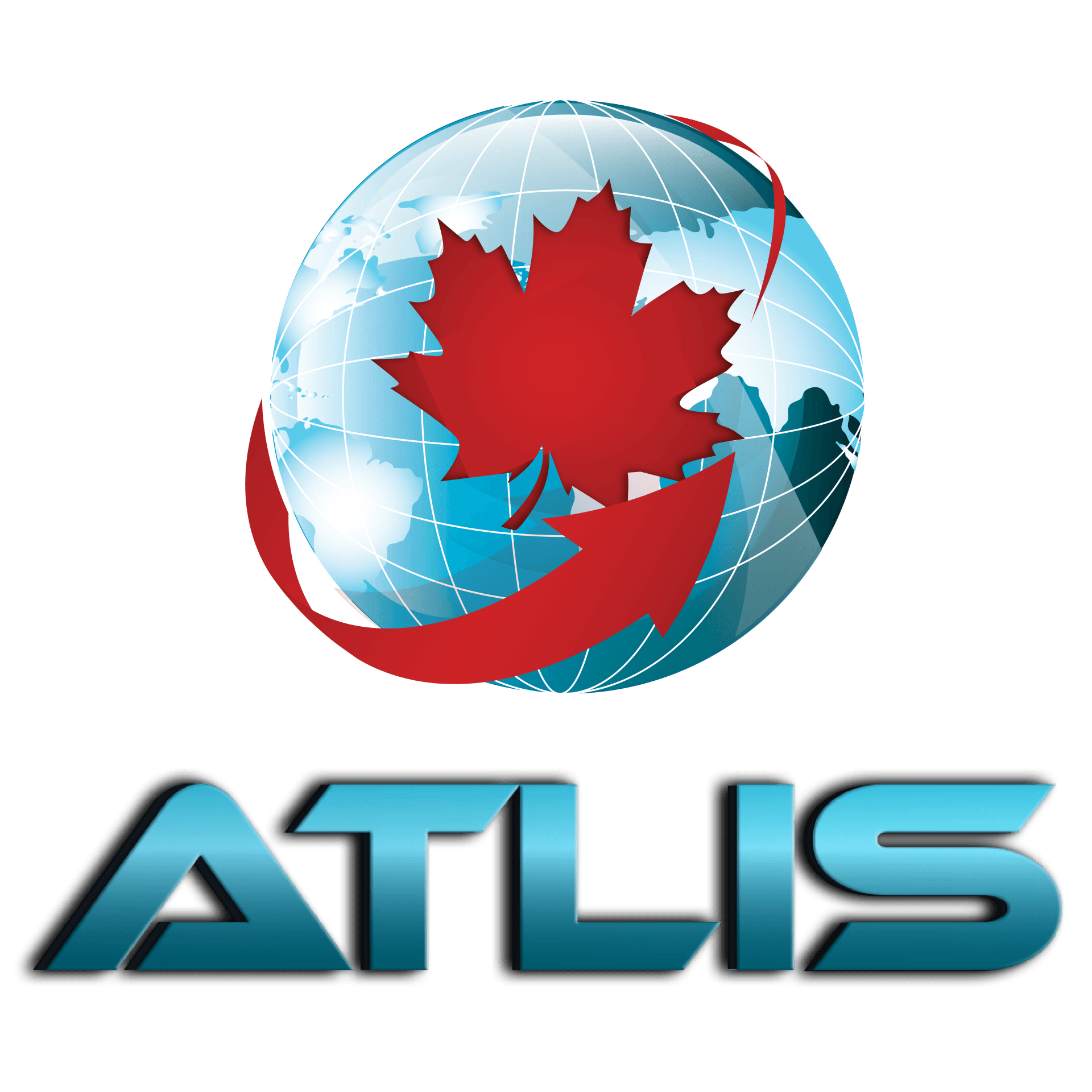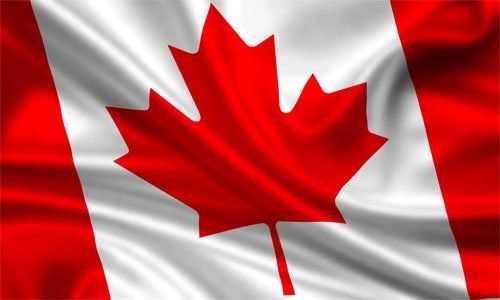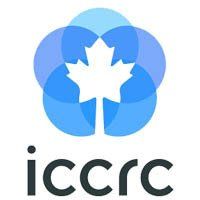Immigrate To Canada
There are over 80 unique programs to choose from when looking to immigrate to Canada.If you want to immigrate to Canada, you should decide which program is best for you.
Do you want to become a Permanent Resident of Canada? Are you planning to work in Canada? Are you looking for sponsorship from a Canadian family? Are you an entrepreneur who wants to start a Business? For those who want to make a home in Canada, there are so many ways to immigrate.
Immigrating to Canada starts with figuring out which of these categories is best for you. At ATLIS Immigration Services, our goal is to help you do exactly that. One of our expert Canadian Immigration Consultants can help you find the right match.
Express Entry
This is a simple online program for those who have professional skills. You will be considered for permanent residence. The process can take up between six months to a year to complete. To be eligible, you should meet the requirements of one of the following programs.
Federal Skilled Worker
The person applying must have at least one year of full-time continuous paid work experience (or equivalent) in their field. This job experience must be within the last 10 years of the application date. The work experience must be from the list of options within the NOC skill level 0, A or B.
The person applying should also be well-versed in French or English. This should be in reading, writing, listening, and speaking. Candidates should demonstrate validated language abilities in English or French equivalent to Canadian Language Benchmark (CLB) 7. This can be achieved by undertaking tests from the following organizations:
- For the English language: International English Language Testing System (IELTS) or the Canadian English Language Proficiency Index Program (CELPIP)
- For the French language: Test d'evaluation de francais (TEF) or Test de connaissance du français pour le Canada (TCF Canada)
In addition, candidates must have a Canadian diploma or degree, or an equivalent from a foreign country.
Using these details, the person’s profile is scored using a numbered point system. To be considered for permanent residence, you must have at least 67 points using the system. The more points you have, the more likely you are to receive an invitation.
As well, workers that make it through this part of the process will have to prove that they can earn a living in Canada. This income should include enough to support themselves as well as their family members if any.
Canadian Experienced Class
This program is designed for workers that have already spent time working in Canada. The person applying must have at least one year of skilled work experience in Canada. This experience should be within 36 months of the application. The person applying can still be in Canada or have left to return to their native country.
They should be able to have a Canadian Language Benchmark (CLB) 5 or 7 depending on the job they are looking to keep. This program is designed only for workers who wish to work outside of Quebec.
Unlike the Federal Skilled Worker Program, this one uses a pass or fail system. If the person applying for passes these requirements, they can apply for permanent residence.
Federal Skilled Trades
This program focuses on bringing in skilled workers in specific trade fields. The person applying must have a valid job offer from up to two employers for full time work for at least a year. As well, they should have had at least 2 years of full-time work in their trade before applying. They should also be able to show their skills essential to the job if asked.
There is also another way to qualify. They should have a qualification certificate proving their skills. This certificate shows they have passed a certification exam that meets the requirements.
Those applying should also be knowledgeable in French or English. Their skill level should pass the Canadian Level Benchmark (CLB) 5 for speaking and listening. As well, CLB 4 for reading and writing.
People eligible for the Federal Skilled Trades Class fall under the following categories of the National Occupational Classification (NOC):
- Major Group 72: industrial, electrical and construction trades,
- Major Group 73: maintenance and equipment operation trades,
- Major Group 82: supervisors and technical jobs in natural resources, agriculture and related production,
- Major Group 92: processing, manufacturing and utilities supervisors and central control operators,
- Minor Group 632: chefs and cooks, and
- Minor Group 633: butchers and bakers.
Like the Federal Skilled Worker Program, you will receive a number score. Since this application doesn’t use education, the number earned is often lower than 67. Those reviewing your application will keep this in mind.
Provincial Nomination
Provincial Nomination is an excellent option for people whose profiles don’t fit the other Programs. This is a program where the person applying can be nominated by a specific province. If they earn permanent residence, they will need to live in that province.
Excluding Quebec and Nunavut, all provinces have a focused program. If nominated, you will be awarded 600 extra points in the ranking system. If you do not get enough points to get entry via the other Programs, then Provincial Nomination could make a difference.
At ATLIS Immigration Services, we thoroughly evaluate your profile strength and onboard you via Programs that best suit your profile.
Take a look below at the different Provincial Nomination Programs that are in place.
- British Columbia: The available options for BC are Express Entry, Skills-based, and Entrepreneurial Immigration categories. The focus of these programs is on skilled people who want to use their targeted skills to start their careers.
- Alberta: This Program focuses on people who want to live in a Prairie Province. Its programs include an Alberta Opportunity Stream, General Express Entry, and Self-employed Farming.
- Manitoba: This Program is for skilled workers who want to live in Manitoba permanently. For those who want to settle down and establish their roots, this is something to consider.
- Saskatchewan: This Province has the most options for immigrants. It offers programs in Occupation In-Demand and Skilled Worker Program Categories. The goal is to allow in as many skilled immigrants as possible.
- Ontario: Students, skilled workers, and business owners can all find a home in Ontario. From education to long-term careers, the goal of the province is to open people's doors. Ontario offers a selection of programs designed for foreigners at all skill and age levels.
- New Brunswick: The entry system for this province allows entrepreneurs, skilled workers, and international graduates to immigrate and settle down.
- Nova Scotia: Nova Scotia’s programs are designed for those who want to live in Nova Scotia permanently. The Program is suitable for entrepreneurs, skilled workers, and international graduates. The Program has various economic immigration streams and also streams aligned with Canada's Express Entry system.
- Prince Edward Island: This province focuses on skilled workers, international graduates, and entrepreneurs who show an interest to live and can demonstrate their ability to economically establish themselves.
- Newfoundland and Labrador: This Program brings in interested entrepreneurs, skilled workers, and international graduates. This program requires people to have a job offer. People should also have a goal to live and be able to support themselves in the province.
- Northwest Territories: This Program focuses on bringing in skilled workers. The Program also favors those who have job offers lined up.
- Yukon: Both business professionals and trained foreign workers can settle in Yukon. This program is designed to work specifically for employers in the territory who wish to bring in internationally trained talent.
Not sure which one of these will work for you? Consider working with a trained Canadian Immigration Consultant at ATLIS Immigration Services. With years of expertise under our belt, we are well-positioned to evaluate your skills and place you in a stream that best suits your profile.
Atlantic Immigration Pilot Program
The Atlantic Immigration Pilot Program is designed to help bring skilled workers into Canada. But this is focused on Canada’s Atlantic provinces and is employer driven. The Atlantic Immigration Pilot Program focuses on bringing in skilled and talented foreigners to communities. It will help bring in those who are interested in living in Canada and also boost its employment rates. The goal of this program is to create a strong workforce in the provinces.
The Atlantic Immigration Pilot Program supports employers offering jobs to potential immigrants. Before arriving in Canada, the person applying must have a valid job offer. They should also have a firm plan for settling in Canada with their families by making all the necessary arrangements in advance. To fill an urgent job vacancy, the employers have the option to obtain a temporary work permit so they can have their employees immigrate and settle down with families soon.
There are three streams within the Atlantic Immigration Pilot Program:
- Atlantic International Graduate Program (AIGP): This stream is best suited for graduates who have a degree from the Atlantic provinces. Graduates should want to join the workforce. Graduates should have at least a 4 in the Canadian Language Benchmark (CLB) in English or French and a provincial certificate of endorsement. Graduates should have a full-time job offer with a year-long contract at a minimum. The job category should be managerial, professional, technical, or skilled trade categories as they align with National Occupational Classification (NOC) 0, A, B, or C.
- Atlantic High-Skilled Program (AHSP): Eligible foreign workers applying through this stream must have a full-time job offer, with a minimum contract of one year. The job category should be managerial, professional, technical, or skilled trade categories as they align with National Occupational Classification (NOC) 0, A, or B. Candidates should also have one year’s experience in the same work sector. Besides, candidates should qualify based on one of the following educational requirements:
- A Canadian secondary (high school) or post-secondary certificate, diploma or degree
- A completed foreign educational credential
- Foreign applicants who have completed their education outside Canda must submit an Educational Credential Assessment (ECA) to prove their educational qualifications meet Canadian standards.
Candidates will also need a 4 in the Canadian Language Benchmark (CLB) in English or French, and a provincial letter of endorsement.
- Atlantic Intermediate-Skilled Program (AISP): Eligible foreign workers applying through this stream must have a job offer for full-time/intermediate employment. The job category should be managerial, professional, technical, or skilled trade categories as they align with National Occupational Classification (NOC) 0, A, or B. Candidates should also have one year’s experience in the same work sector in the last three years. Candidates must obtain a certificate of endorsement from the province that indicates that their job offer is genuine. Candidates must also establish that a needs assessment has been completed and a settlement plan for self and their families has been put in place. Besides, candidates should qualify based on one of the following educational requirements:
- A Canadian secondary (high school) or post-secondary certificate, diploma or degree
- A completed foreign educational credential
- Foreign applicants who have completed their education outside Canda must submit an Educational Credential Assessment (ECA) to prove their educational qualifications meet Canadian standards.
Candidates will also need a 4 in the Canadian Language Benchmark (CLB) in English or French, and a provincial letter of endorsement.



